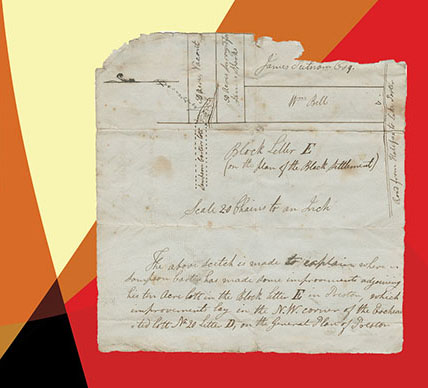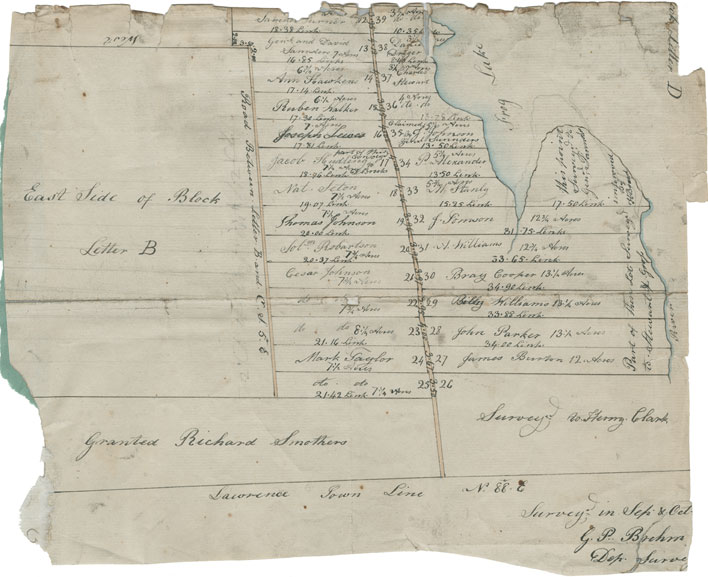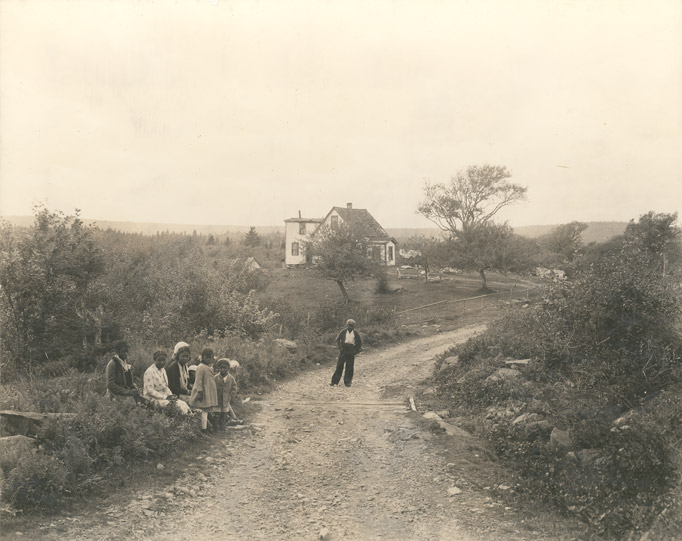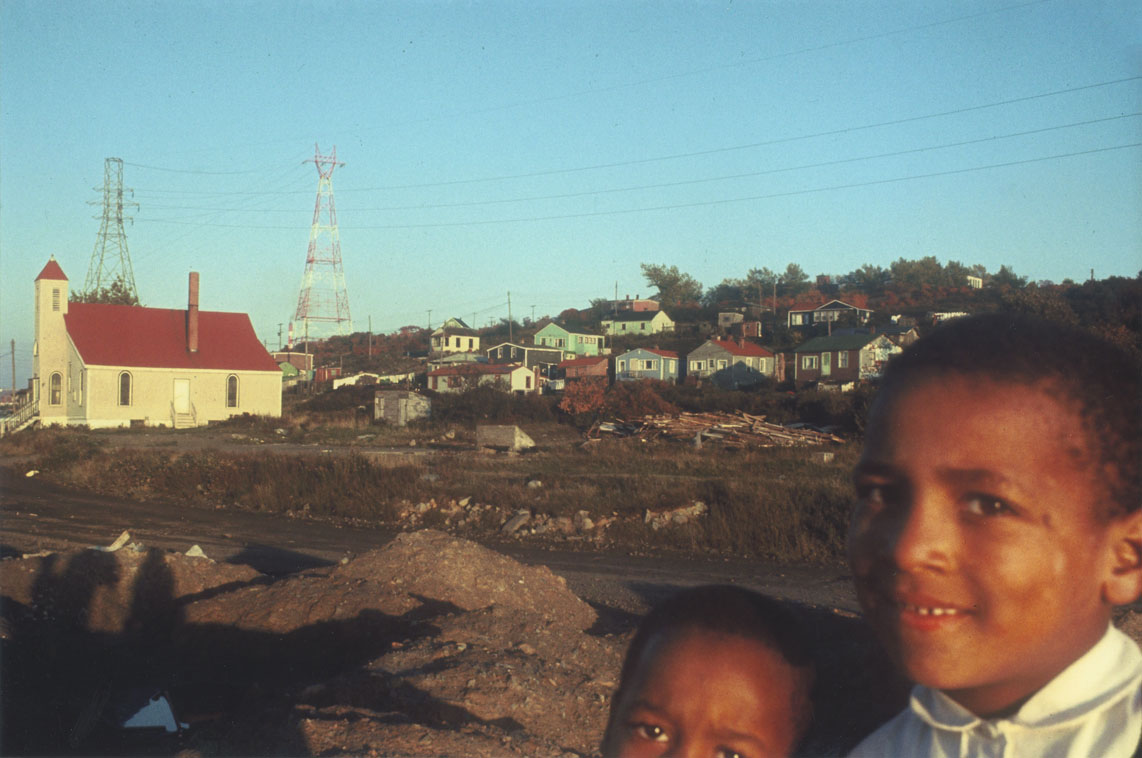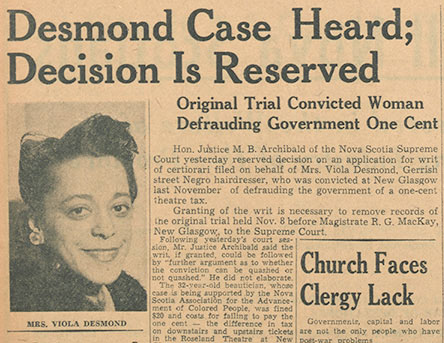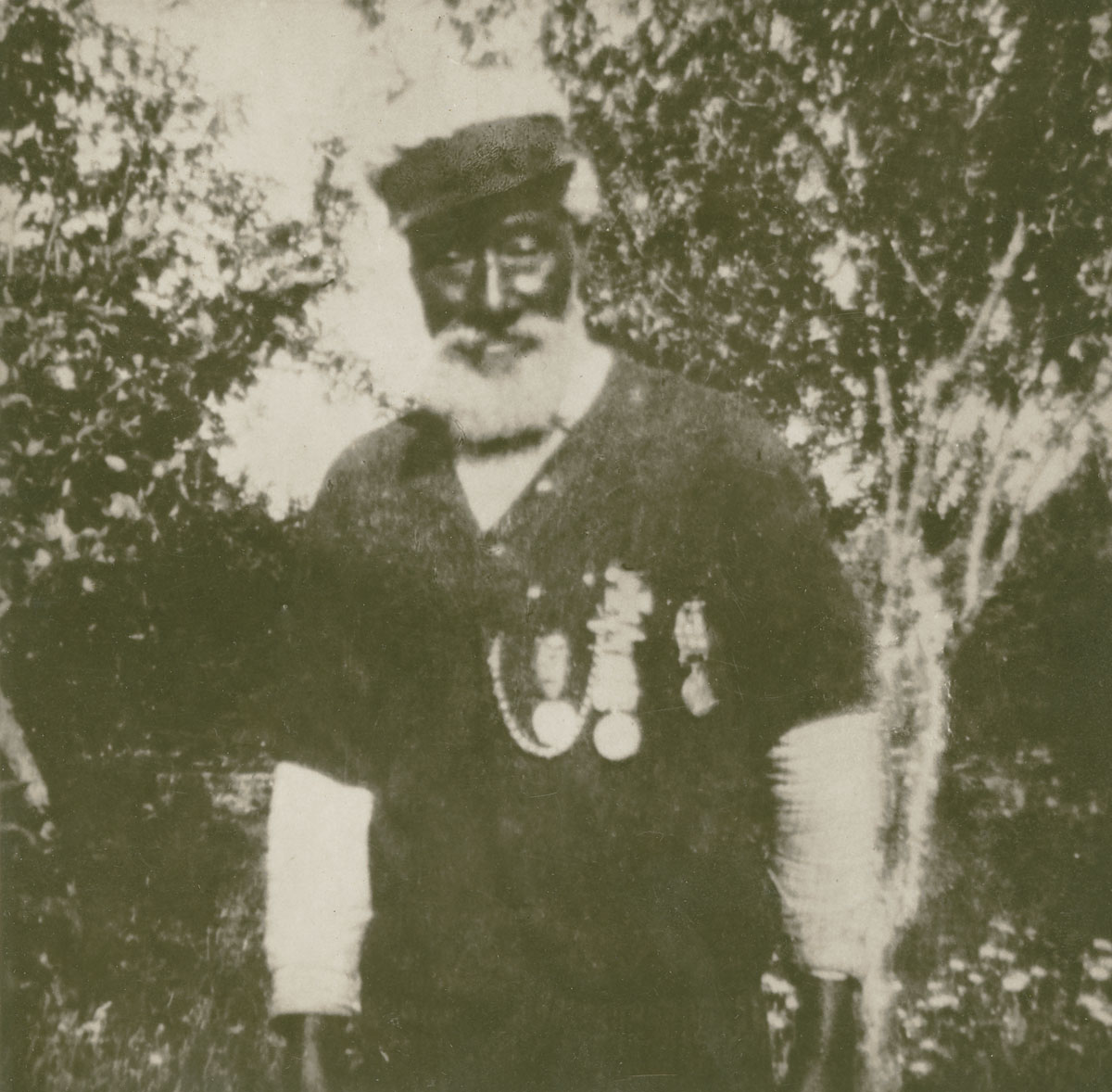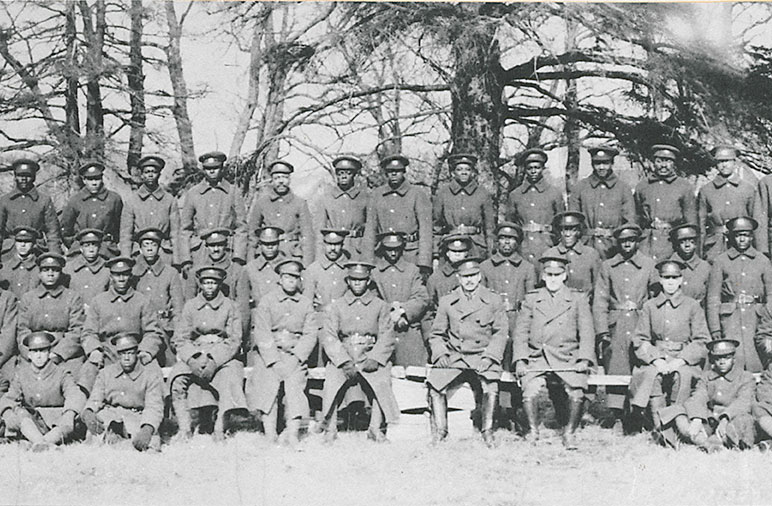Nova Scotia Archives
African Nova Scotians
African Nova Scotia history is our shared history. Nova Scotia has been home to people of African descent for over 400 years, centuries that saw struggle, achievement and the formation of communities that thrive to this day. Nova Scotia Archives is proud to care for and make available archival records that are powerful touchstones to this past, helping us to understand the present and allowing us to move together toward the future.
Looking Back, Moving Forward: Documenting the Heritage of African Nova Scotians
On August 1st 2021 Nova Scotia formally recognized Emancipation Day, the day named to commemorate the anniversary of British parliament abolishing slavery across its empire in 1834, freeing about 800,000 enslaved people of African descent throughout its British colonies. Recognizing the existence of slavery in Nova Scotia’s past, how it shaped centuries of our history, and its continued resonance today is vital.
African Nova Scotian Diaspora
Government documents relating to early African Nova Scotian settlement patterns have been digitized and are fully searchable in this resource. Many of these documents contain the names and reflect the experiences of Black Refugees who came to Nova Scotia at the close of the War of 1812.
African Nova Scotians in the Age of Slavery and Abolition
This thematic virtual exhibit explores the lives of the early black settlers in Nova Scotia through a digitized selection of government documents, letters, newspaper articles, maps and works of art. Fully searchable, this resource contains the names of around 5000 African American immigrants who came to Nova Scotia in 1783 and 1815-16. Also featured are photographs of early black settlements in Nova Scotia and descendants of the original settlers, 1880-1955.
Gone but Never Forgotten: Bob Brooks' Photographic Portrait of Africville in the 1960s
Photojournalist Bob Brooks visited Africville on several occasions, capturing the look and spirit of the community on the eve of its demolition. This exhibit features Brooks' compelling photos of everyday life in the Halifax community, as well as the public meeting at Seaview African United Baptist Church in August 1962, where residents expressed their opposition to the City's plans for relocating them.
Viola Desmond
Viola Desmond was an African Nova Scotian businesswoman, who in 1946 challenged the province's systemic racial discrimination in a way that marked a watershed moment for civil rights in Canada. These records include surviving legal documents from the Magistrate’s Court and the Supreme Court, representative provincial newspaper coverage from the time, and background information.
William Hall, VC
William Hall, VC (1827-1904) was the first Black person, the first Nova Scotian, and the third Canadian to receive the British Empire’s highest award for bravery, the Victoria Cross. Records included document commemorations of Hall and the search for his missing medals by Rear Admiral Hugh F. Pullen and others.
No. 2 Construction Battalion: Nominal Roll
The Canadian Expeditionary Force (CEF), No. 2 Construction Battalion, was the only Canadian battalion composed of Black soldiers to serve in the First World War, and the only predominantly Black battalion ever in Canadian military history. The Nominal Roll of Officers, Non-Commissioned Officers and Men, No. 2 Construction Battalion (March 1917), provides fully-searchable access to significant biographical and family information about these enlisted men and officers.
